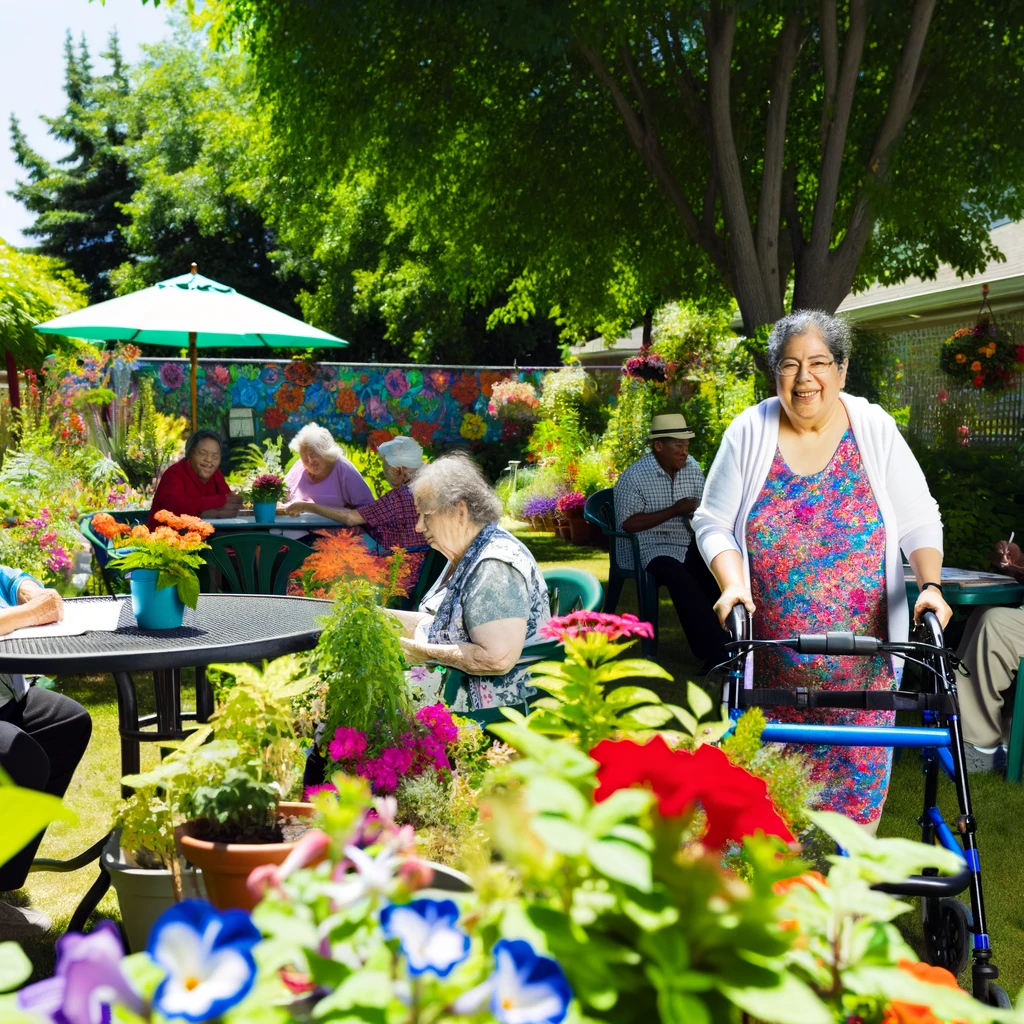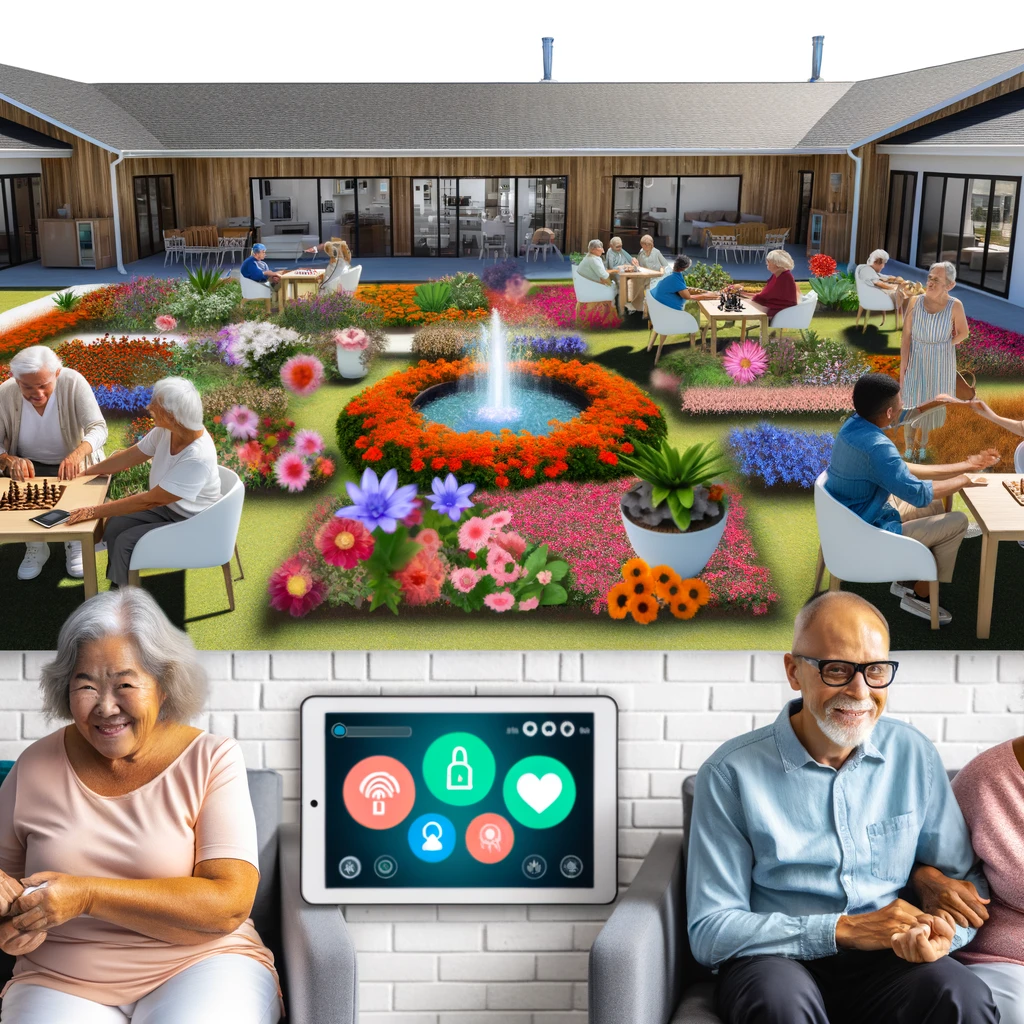Related Articles











As our population ages, the demand for senior living facilities continues to rise. These facilities are not just about providing a place to live but about enhancing the quality of life for seniors. One of the most effective ways to achieve this is through personalized care plans, which consider the unique needs and preferences of each individual.
Personalized care plans are tailored strategies designed to address the specific needs of seniors in care facilities. These plans are comprehensive and encompass various aspects such as medical care, lifestyle preferences, and social engagement.
Implementing personalized care plans in senior living facilities offers numerous benefits:
By addressing the specific health needs of each resident, personalized care plans can significantly improve health outcomes. Regular monitoring and tailored interventions help in early detection and management of health issues.
Personalized care plans ensure that the individual's preferences and lifestyle choices are respected, leading to a higher quality of life. Seniors are more likely to engage in activities that they enjoy, which boosts their overall satisfaction and happiness.
A key goal of personalized care is to maintain and enhance the independence of seniors. By tailoring care to their abilities and preferences, seniors can continue to lead fulfilling lives with minimal restrictions.
While the benefits are clear, implementing personalized care plans comes with challenges. These include:
Developing and maintaining personalized care plans require significant resources, including skilled staff and time. Facilities must balance these demands with available resources.
To remain effective, care plans need regular updates based on ongoing assessments. This requires a system for continuous monitoring and evaluation.
Personalized care plans are a cornerstone of modern senior living facilities. They not only address the specific needs of each resident but also enhance their quality of life, health, and independence. As the senior population grows, the importance of these plans will only increase, making them an essential component of senior care.
For those considering senior living options, inquire about the personalized care plans offered by facilities. Understanding how a facility tailors its care can provide peace of mind that your loved ones will receive the attention and respect they deserve.